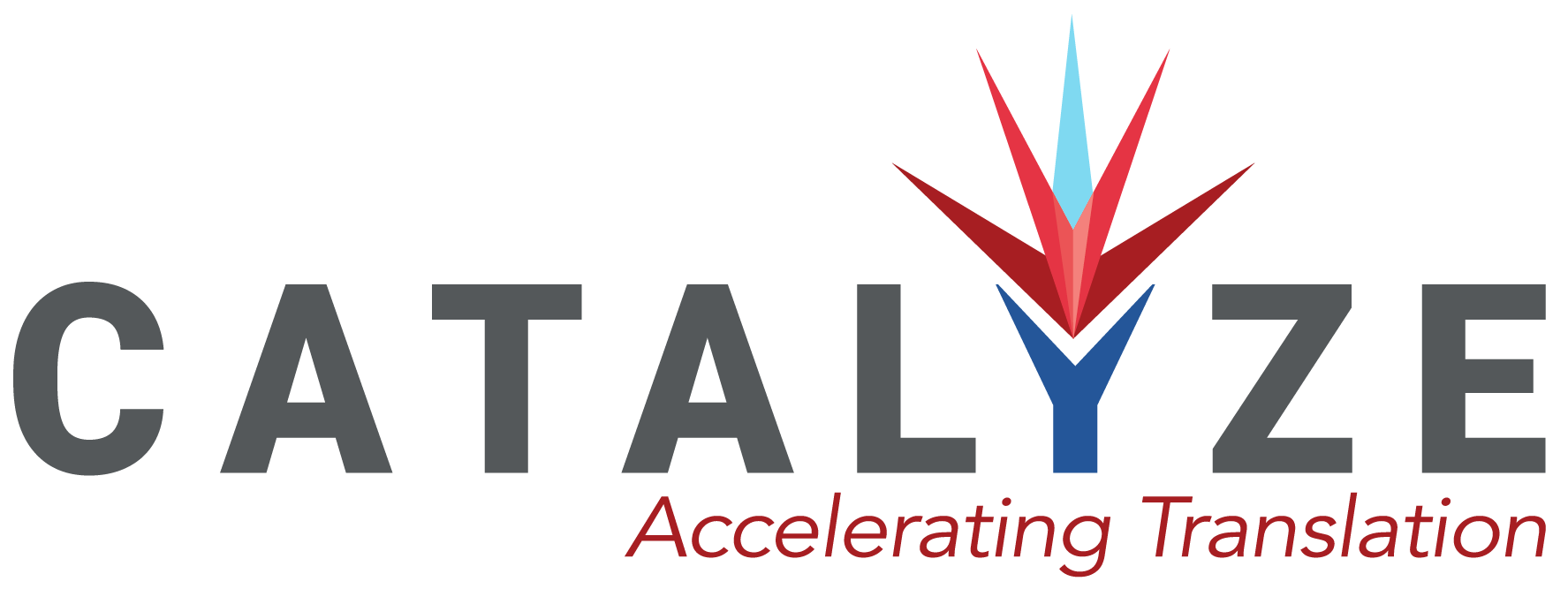Did I get you?!
Lean Startup has been part of the business lexicon for several years. The other day, I was explaining the basics to our intern who was obviously bored and quickly commented that he knew all about it. I think that is the challenge and opportunity with Lean Startup. It’s become a common idea where its execution is defined simply by business model canvas, MVP and pivot. Unfortunately, these key WORDS mask the nuance and sometimes difficulty of the key ACTIONS.
What is Lean Startup? The general idea is that you consider assumptions or key ideas about your business. Instead of focusing on execution, you focus on feedback & experimentation to inform HOW you execute.
Feedback and experimentation is developed through customer discovery and minimum viable products (MVPs). You release some low fidelity, but functioning version of the product to gain insight from the market. But often, the outcomes of your Lean Startup activity are muddied as teams get hung up on the words vs. actions.
Words vs Action Mishaps:
Customer Discovery: The word customer is not limited to the person(s) who buy the product. It’s a chance to explore the ecosystem, channel partners and EVEN key barriers that might include policy and regulation.
MVP: MVP suggests you always have some tangible product for a customer. But often, putting out a product can impact the IP strategy, competitive advantage or just may be prohibited because of regulation. But the action of MVP learning can still happen at most stages. While it might not be a product to buy, there is very often some version of value you can test with customers, ecosystem partners, regulatory entities and so on. Leverage your team of trusted advisors to help your company identify actionable learning steps.
Pivot: I think I dislike pivot most of all as it is often overused. Lean Startup tends to celebrate the pivot and thus most teams glorify a quick change. But the action of a pivot is a result of learning that could take years. Quick changes may result in your company missing key insights. While we may champion “failing fast,” I think the aim is to learn and learn effectively.
Learning: Learning is the ultimate action of Lean Startup. Sometimes, learning in Lean Startup is limited to a finite time. Oh, we already took a Lean Startup course. I think of Lean Startup learning as a skill you continue to develop with time. Similar to a musician, the basics are only the beginning. It takes skill to see detail and harmony when your learning is diverse, disjointed and qualitative. I think the action of learning is the hardest part about Lean Startup, but I’ll save that for another post.
All-in-all, I champion Lean Startup because it gives access, process and customization for anyone to engage in the entrepreneurial ecosystem whether they are experienced or not. With a trusted team of advisors, mentors and a willingness to be curious maybe your startup grows using Lean Startup actions.
If you are in Wisconsin, consider learning more about Lean Startup through the Ideadvance Seed program. Applications are being accepted now for the April 17, 2020 deadline. Contact Ideadvance to learn more.
Written by Idella Yamben, CTC Business Development Consultant
